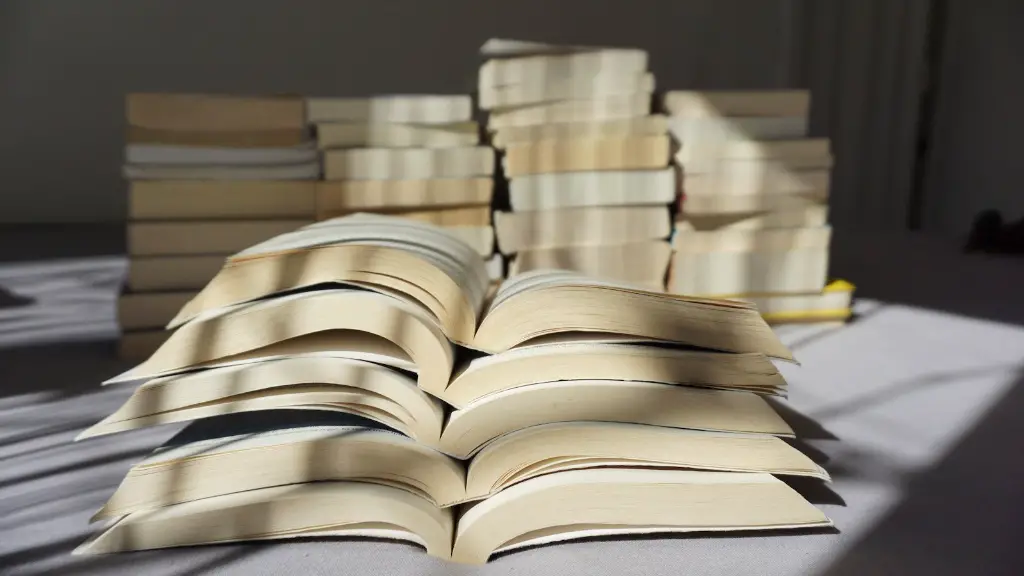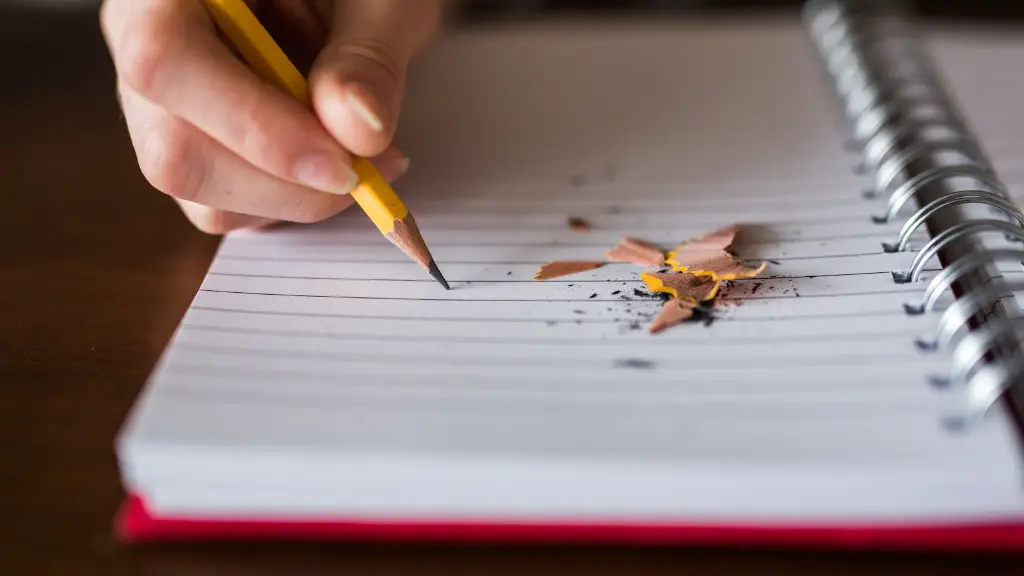Definition of Poetry
Poetry is the ancient art of creating emotional, pleasurable and thought-provoking images and experiences through language and its structures. It is a form of literary art which uses language to enhance the power of expression, communication and meaning. Poetry has a long history and has been divided into different categories such as lyric, epic, ballad, ode and sonnet. The key characteristics of poetry are the structure of individual words, the rhythm of lines and its use of metaphor and alliteration. For many centuries, it has been used to captivate audiences and tell stories of romance, emotions, beauty and tales of adventure.
Types of Poetry
Lyric poetry expresses the feelings and thoughts of the poet. It is usually written in short, lyrical verses and has a specific structure and rhyme scheme. Epic poetry is a long narrative poem that tells the story of a hero’s journey. It is usually written in a grand, heroic style and uses a combination of ancient languages, meter and alliteration. Ballads are narrative poems and are usually written in a simple tune that focuses on repeating words and phrases. Odes are written in praise of either a person or an event and focus on the celebration of existence and beauty. Sonnets focus on an idea and is usually written in a specific form such as the Shakespearean sonnet which consists of fourteen lines of iambic pentameter.
The Function of Poetry
The main function of poetry is to provide a unique and powerful expression of the poet’s feelings, thoughts and experiences. It is also used to explore deep emotions, express ideas and tell stories. By utilizing various language conventions, meter and poetic devices, poems are able to evoke certain feelings and thoughts in the audience. Furthermore, poetry can also be used to educate and inform, as well as critique and criticize certain social issues.
The Impact of Poetry
Poetry has the power to influence and inspire. By using its expressive and thought-provoking nature, it has the potential to evoke emotions, trigger memories, provoke discussions and instill powerful messages in the minds of its audience. It can be used as a tool for change, a way to express opinions, a source of comfort and a means to unify people.
Interpreting Poetry
Interpreting poetry is a complex process which requires a critical understanding of the poem’s structure, use of language, imagery and other devices. To fully understand a poem, one must consider the various aspects of the poem – its meaning, its implications and its social context. It is important to remember that the interpretation of poetry is subjective and can differ from reader to reader.
Performance of Poetry
Performance poetry, also known as poetry slam, is a modern adaptation of the traditional form of poetry. It involves the reading and performing of poetry in front of an audience, similar to a stand-up comedy act. It is commonly used as a platform for social commentary, activism and self-expression. Poetry slams have become increasingly popular and are often held in cities throughout the world.
Writing Poetry
Writing poetry can be a challenging but liberating experience. When writing poetry, it is important to not be confined to any specific subject or form, allowing the poet to explore ideas, emotions and experiences in a creative manner. It is useful to consider the structure, rhythm and meter of the poem, as well as the use of poetic devices such as imagery, symbolism and alliteration.
The Impact of Technology on Poetry
The use of technology has changed the way in which poetry is created, shared and interpreted. With the advent of the internet, poets now have access to a wider audience and can easily publish and promote their work. Digital platforms such as YouTube and Twitter enable poets to reach a global audience, allowing the sharing and appreciation of their work. Technology has also opened up new opportunities for poetry slams, allowing the audience to engage with the poet through live streaming. In addition, technology provides new tools to analyse and interpret poetry such as digital libraries, text analysers and machine learning.
The Value of Poetry in Society
Poetry has a lasting impact on society, as it has the potential to provide a unique and powerful expression of emotion, thoughts and ideas. It provides an avenue for people to voice opinions, ignite discussions and share stories in a creative and captivating manner. Poetry is an integral part of any culture and should be appreciated and celebrated.
The Role of Poetry in Education
Poetry plays an important role in education as it provides an engaging and accessible way for children to learn about language and communication. Studies have shown that introducing children to classical and modern poetry in the classroom can help them to develop their creative thinking and problem-solving skills. It can also help to develop their understanding and appreciation of culture, history and literature. Additionally, introducing poetry to the classroom can help to motivate and engage students, allowing them to express themselves in a fun and meaningful way.
The Power of Poetry
The power of poetry lies in its ability to evoke emotions and bring people together. Poetry has the capacity to inspire, educate and entertain, as well as stimulate conversations and initiate change. Throughout history, it has been used as a powerful tool to capture the human experience and to create powerful and lasting messages. The power of poetry is rooted in its ability to move people and instill meaningful messages in its audience.
The Future of Poetry
The future of poetry appears to be bright, as more poets are embracing technology and utilising digital platforms to reach a wider audience. Poetry slams have become increasingly popular and technology has allowed poets to reach new heights. Furthermore, the use of poetry, performance poetry and spoken word are helping to spread messages of diversity, inclusion and social justice. As technology continues to develop, the world of poetry has never had so many opportunities.
The Benefits of Poetry
The benefits of poetry are numerous. Poetry can be used to educate, express feelings and ideas, as well as bring people together. It has the potential to create a powerful emotional connection with its audience, allowing them to experience and understand different perspectives in a unique way. Furthermore, poetry can be used by poets and writers to showcase their work and reach a wider audience.
The Influence of Poetry
Poetry has had a lasting influence on culture and society, as it has the power to evoke emotions, tell stories, create change and bring people together. Poems have been written about love, war, politics, beauty and history, leaving a lasting imprint on its audience. Poets and their works can serve as sources of inspiration and motivation, as well as being seen as catalysts for social, political and religious change.
The Impact of Poetry on Mental Health
Research shows that poetry can have positive effects on mental health, providing an outlet to express emotions and providing a sense of comfort and companionship. According to studies, reading and writing poetry can provide a sense of well-being and decrease anxiety. Additionally, poetry has the potential to provide perspective and help to foster mindfulness, allowing individuals to gain a better understanding of themselves and their emotions.



